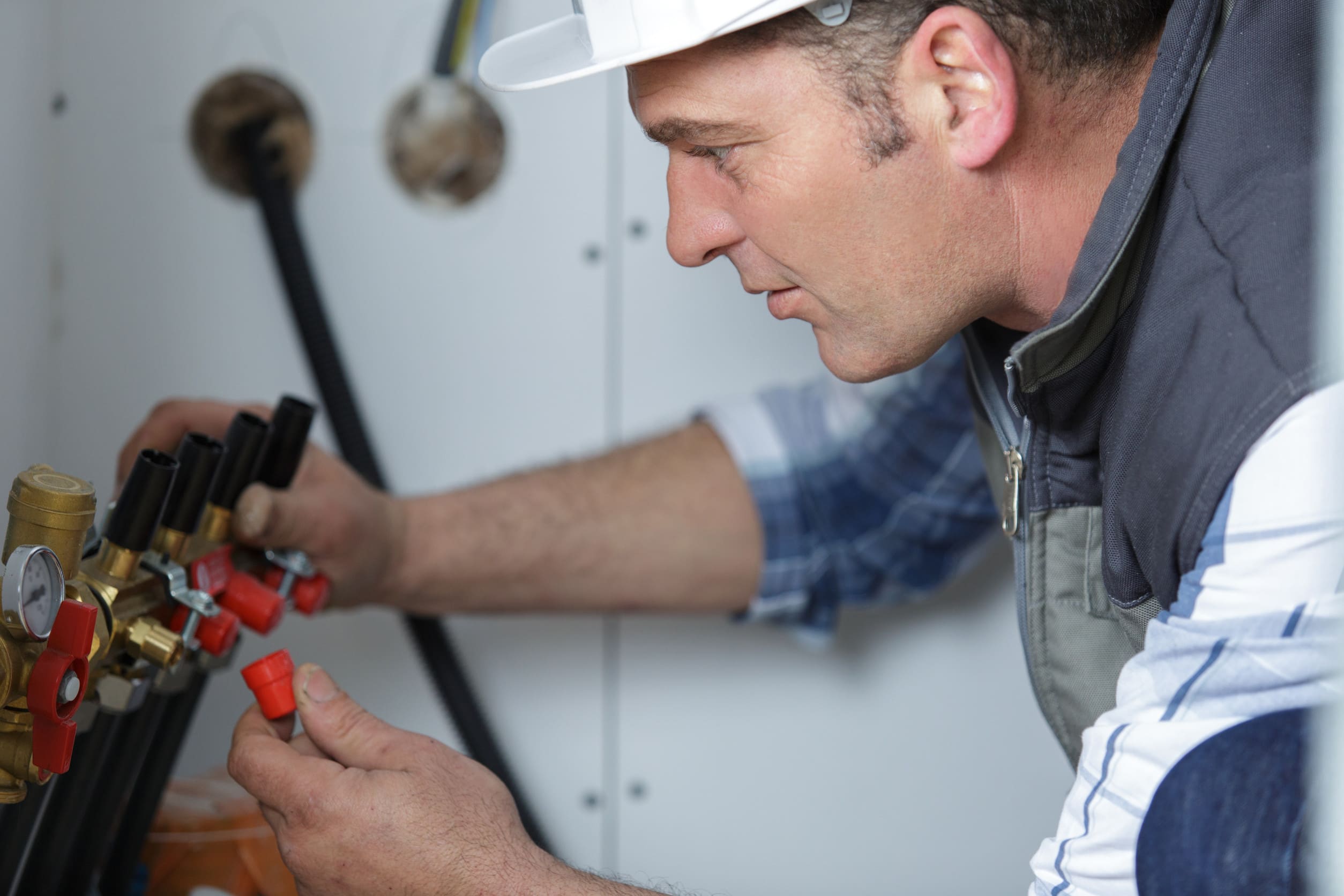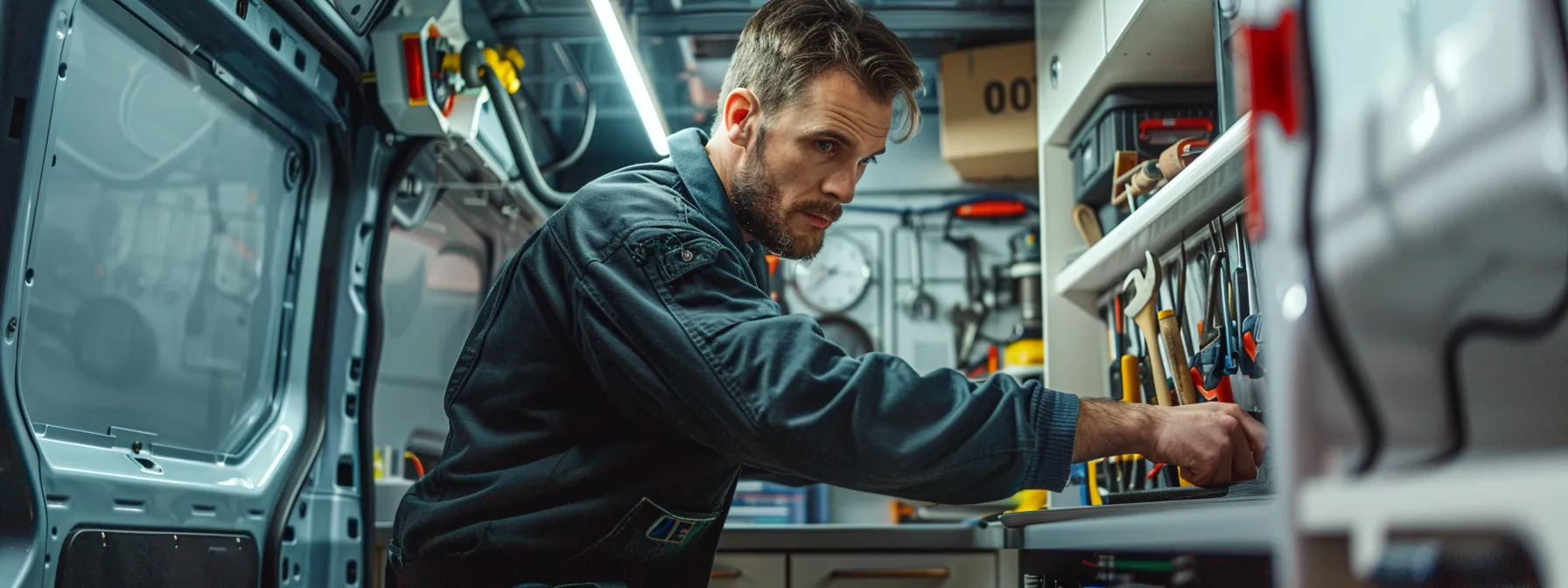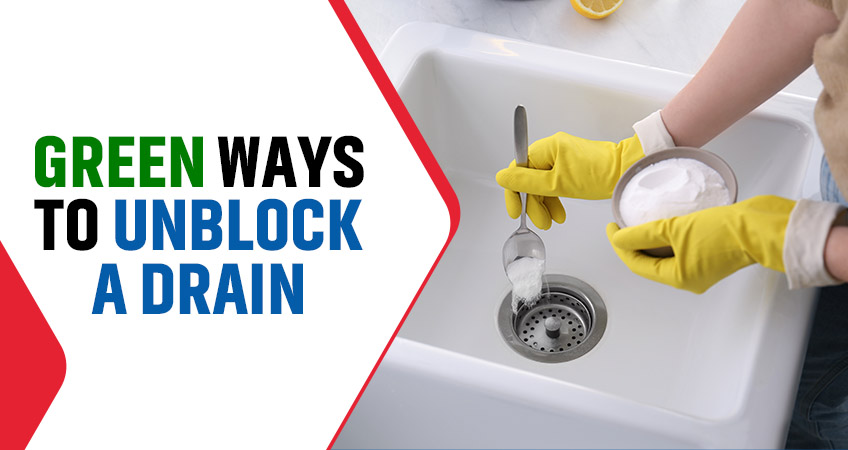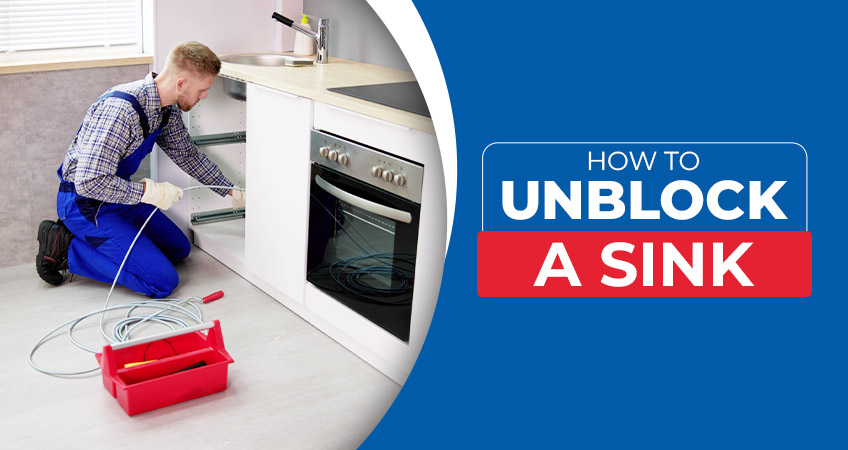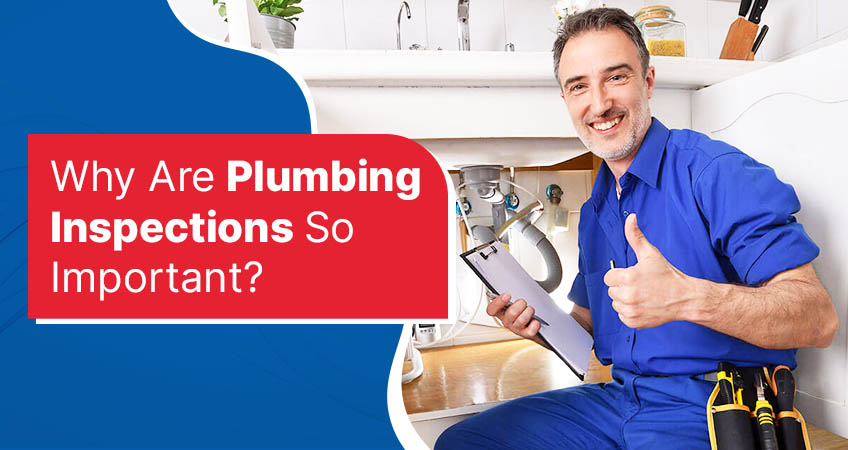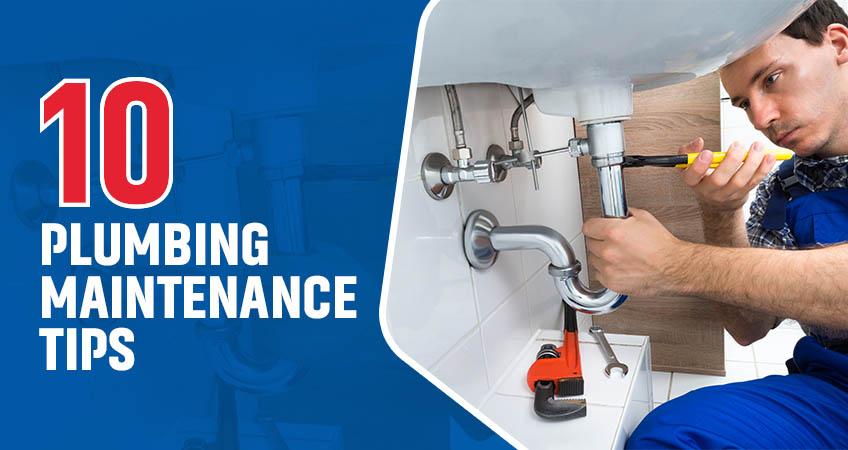Plumbing issues can be a real headache for any homeowner, DIY enthusiast, or local business owner. Whether it’s a leaky faucet or a major renovation project, understanding the costs associated with hiring a plumber is crucial.
In this comprehensive guide, we’ll break down the various factors that influence plumbing costs in the UK, provide average price ranges for common tasks, and offer tips on how to save money.
By the end of this post, you’ll be well-equipped to make informed decisions about your plumbing needs.
The rising costs of plumbing services
In recent years, we’ve seen a steady increase in plumber costs throughout the UK. Several factors have contributed to this rise, from increased demand to the cost of materials. This section will break down the reasons behind the rising costs, helping you understand what you’re paying for when you hire a plumber.
Plumbing services are essential for maintaining the functionality and safety of our homes and businesses. However, with the increasing complexity of plumbing systems and the rise in costs of materials, it’s no surprise that plumbing services have become more expensive. Labour shortages and increased demand during peak seasons also play a significant role in driving up costs. Understanding these factors can help you budget more effectively and avoid unexpected expenses.
Average cost of common plumbing jobs in the UK
Service | Cost Range (£) | Description |
Hourly rates | £50 – £70 | Average rate for standard tasks like plumbing repairs, fixing leaks, replacing taps, and minor adjustments. |
Day rates | £250 – £500 | For larger projects requiring a full day’s work, such as bathroom installations or major repairs. |
Fixing leaking taps | £50 – £150 | Costs depend on job complexity; simple fixes are cheaper, while complex repairs are more expensive. |
Toilet repair | £60 – £200 | Covers issues like running toilets and broken flush mechanisms; final price depends on specifics. |
Unclogging drains | £75 – £200 | Costs vary based on clog severity and location; kitchen and bathroom drains are generally cheaper. |
New fixture installation | £150 – £350 | Installation costs excluding fixtures; complexity and fixture quality affect the final price. |
Boiler service | £80 – £350 | Regular maintenance costs; simple tasks are cheaper, while complex repairs increase the cost. |
Emergency Call-Outs | £100 – £300/hour | Emergency plumber cost is often at a higher rate due to urgency and unsociable hours; influenced by time of call and service speed. |
Rate/service breakdown
Plumber average hourly rate for standard jobs
The average hourly rate for most plumbers in the UK ranges from £50 to £70. This rate covers standard tasks like fixing leaks, replacing taps, or minor adjustments to plumbing fixtures. While the lower end of this range is more common in smaller towns, expect to pay towards the higher end if you live in a major city like London due to the higher cost of living.
Average plumber day rate for larger projects
For more extensive work that requires a full day’s attention, plumbers usually charge a daily rate ranging from £250 to £500. This rate is more cost-effective for large projects such as full bathroom installations, significant pipe repairs, or boiler installations. The daily rate ensures that the plumber can dedicate a full day or several days to your project, providing a more focused and comprehensive service.
Fixing leaking taps
Leaking taps are a common issue that most homeowners face at some point. The cost to fix a leaking tap typically ranges from £50 to £150, depending on the complexity of the job and the materials required. Simple fixes like replacing washers are on the lower end, while more complex valve repairs will be on the higher end.
Toilet repair
Toilet repairs can range from dealing with a running toilet to fixing a broken flush mechanism. The cost for these repairs generally falls between £60 to £200. The specific issue and parts needed will determine the final price. It’s always a good idea to get a detailed quote before proceeding with any work.
Unclogging drains
Clogged drains are another common plumbing problem. The cost to unclog a drain usually ranges from £75 to £200, depending on the severity and location of the clog. Kitchen and bathroom drains are typically less expensive to clear than main sewer lines, which require more extensive work.
New fixture installation
Installing new fixtures like sinks, showers, or toilets can range from £150 to £350, excluding the cost of the fixtures themselves. The complexity of the installation and the quality of the fixtures will influence the final price. High-end or custom fixtures may require additional time and expertise, increasing the overall cost.
Boiler service
Regular boiler maintenance is crucial for ensuring efficient performance and longevity. The cost for a boiler service typically ranges from £80 to £350. Simple maintenance tasks like cleaning and inspection are on the lower end, while more complex repairs or parts replacements will be on the higher end.
Emergency plumber call-out fee
Emergency plumbers are generally more expensive due to the urgency and the inconvenience of unsociable hours. Emergency plumber costs can be between £100 to £300 per hour. The cost can be influenced by the time of the call (e.g., night, weekends, or holidays), the severity of the plumbing issue, and the speed at which the services are required.
Factors that affect the cost of a plumber
Size and complexity of the job
The complexity of the plumbing job is one of the most significant factors affecting the cost. Simple tasks like fixing a leaky faucet cost less than more complex projects like boiler installations or complete bathroom renovations. Larger projects often require more time, expertise, and materials, which increases the overall labour costs.
Material costs
The quality and type of materials used for the job can significantly impact the cost. Higher-quality materials are more durable and often come with better warranties, but they also come at a higher price. When budgeting for a plumbing project, consider the long-term benefits of using high-quality materials versus the initial cost savings of cheaper alternatives.
Plumber’s experience and qualifications
Typically, experienced and highly qualified plumbers charge more for their services. Their expertise ensures that the job is done correctly and efficiently, reducing the likelihood of future issues. While it may be tempting to hire a less expensive, less experienced plumber, investing in a skilled professional can save you money in the long run.
How to save on plumbing costs
Proactive maintenance
One of the best ways to save on plumbing costs is to perform regular maintenance. Routine checks and minor repairs can prevent major issues from developing, saving you money on costly repairs. Regularly inspect your plumbing system for leaks, drips, and other signs of wear and tear. Addressing these issues early can prevent them from becoming more significant problems.
Choose the right plumber
Selecting the right plumber for the job is crucial for ensuring quality work and value for money. Verify the plumber’s qualifications and experience, and ask for recommendations from friends, family, or neighbours. Reading online reviews and checking references from past clients can also help you find a reliable and skilled professional.
Negotiate fees
Don’t be afraid to negotiate fees with your plumber. While some rates may be non-negotiable, especially for emergency services, many plumbers are willing to work with you on pricing for larger projects. Getting multiple quotes from different plumbers can also give you a better idea of the going rates and help you negotiate a fair price.
DIY vs. professional plumbing
Identifying tasks suitable for DIY
When considering how much plumbers cost, you may contemplate taking the DIY approach instead. Some plumbing tasks are simple enough for a DIY approach, such as replacing a tap washer or unclogging a minor drain blockage. These tasks typically require minimal tools and expertise, making them perfect for DIY enthusiasts. However, it’s essential to know your limits and recognize when a job is beyond your skill level.
When to call a professional
More complex plumbing tasks, such as boiler installations, significant pipe repairs, or dealing with a major leak, should always be handled by a professional. Attempting these tasks without the necessary expertise can lead to further damage and even pose safety risks. When in doubt, it’s best to call a qualified plumber to ensure the job is done correctly and safely.
Benefits of hiring a professional plumber
Hiring a professional plumber offers several benefits, including access to specialised tools and expertise, guaranteed work, and peace of mind. Professional plumbers can quickly diagnose and resolve issues, ensuring your plumbing system remains in optimal condition. Additionally, many plumbers offer warranties on their work, providing added protection against future problems.
Conclusion
In conclusion, understanding the costs associated with hiring a plumber in 2024 is essential for homeowners, DIY enthusiasts, and local businesses. By considering factors such as the complexity of the job, the quality of materials, and the plumber’s experience, you can make informed decisions and budget more effectively. Proactive maintenance, selecting the right plumber, and knowing when to call a professional are all crucial steps in managing your plumbing needs.
Transparent prices and a free quote when you choose Plumbernow
At Plumbernow, we’ve built a reputation for always providing high-quality services at the most affordable prices. We believe in transparency, which is why we offer a free quote before starting any work. Our team of experienced and qualified plumbers are equipped with the latest tools and techniques to handle any plumbing job, big or small.
Don’t hesitate to get in touch with our team for a professional assessment and a free quote for specific plumbing jobs. Our experience, affordability, and commitment to customer satisfaction make us the ideal choice for all your plumbing needs.

